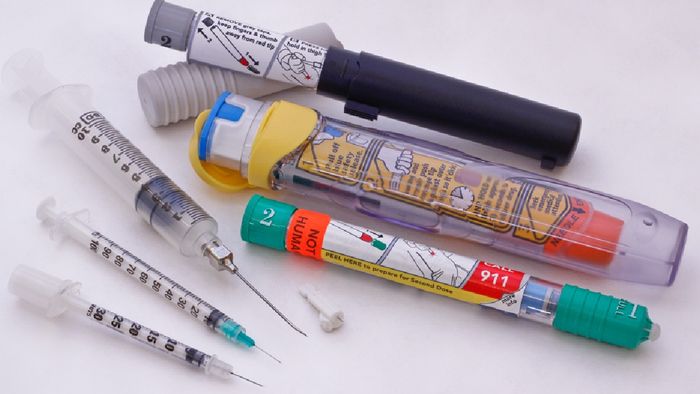Meghalaya: CAG warns of inadequate handling and disposal of Bio-Medical Waste in state
The Comptroller and Auditor General of India (CAG) has expressed serious concerns about the improper handling and disposal of Bio-Medical Waste (BMW) in Meghalaya. The report underscores the lack of necessary treatment and disposal facilities across Urban Local Bodies and Town Committees.

- Sep 04, 2024,
- Updated Sep 04, 2024, 11:08 AM IST
The Comptroller and Auditor General of India (CAG) has highlighted significant concerns about the inadequate handling and disposal of Bio-Medical Waste (BMW) in Meghalaya.
In its report, the CAG said that the Urban Local Bodies (ULBs) and Town Committees across the state lack the necessary Common Bio-Medical Waste Treatment and Disposal Facilities (CMBWTF), except for the Shillong Municipal Board. The CMBWTF has been mandated by the Bio-Medical Waste (BMW) Rules, 2016, resulting in improper disposal practices, posing significant risks to public health and the environment.
According to the CAG report, the BMW in Tura was either disposed in the deep burials available in Rongkhon Songittal, Tura dumpsite or in deep burials of respective hospitals.
In Jowai and Nongpoh, BMW was disposed by the hospitals concerned and were not collected by the JMB and Nongpoh Town Committee.
During Joint Physical Verification (JPV) of Rongkhon Songittal it was revealed that BMW such as syringes, ampoules, among others were openly dumped.
Furthermore, the report stated that despite an increase in bio-medical waste (BMW) generation from 2017 to 2020, treatment by Common Biomedical Waste Treatment Facility (CBMWTF) surged from 37 percent to 76 per cent, while captive treatment declined from 63 per cent to 24 per cent.
The CAG stated that healthcare facilities in Meghalaya showed a gradual decrease in unauthorised status from 2017 to 2020 under the Bio Medical Waste Management Rules 2016.